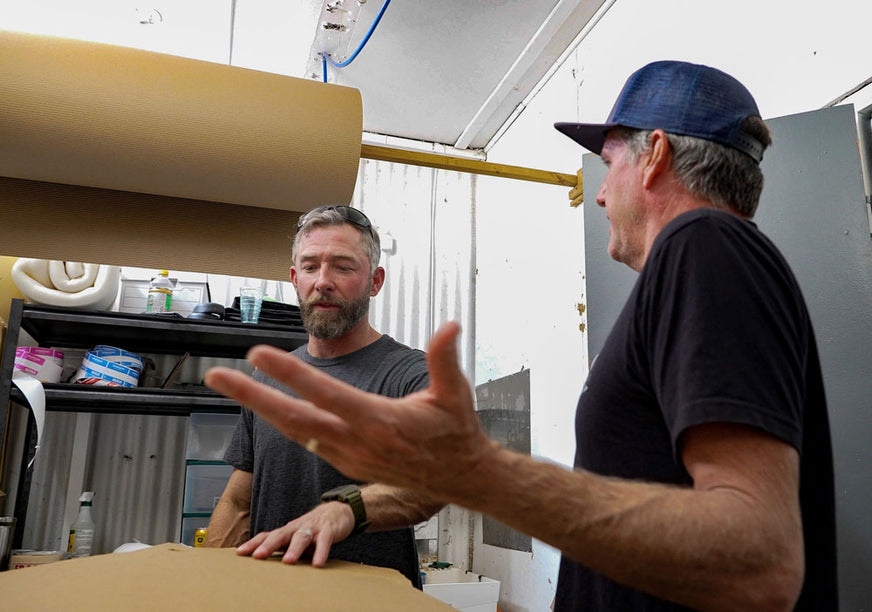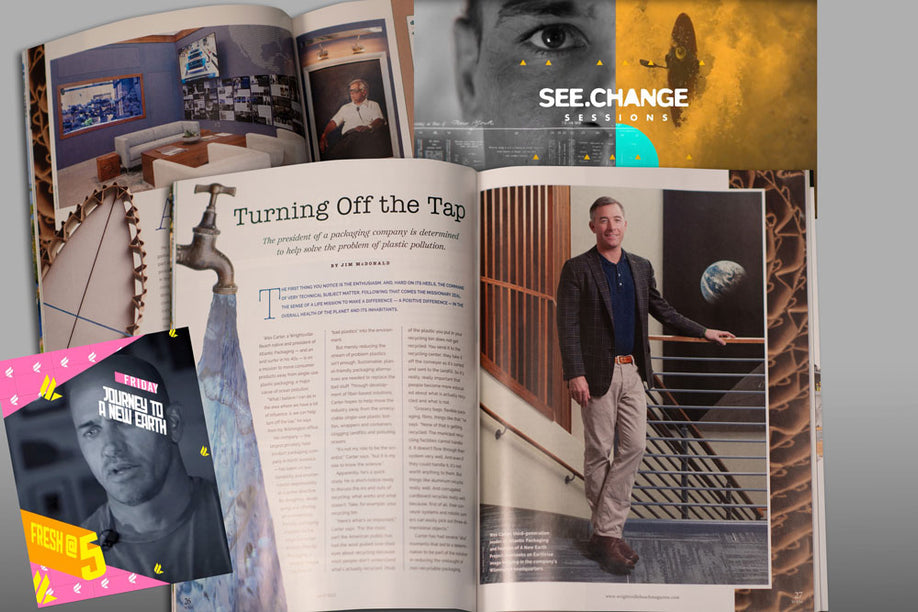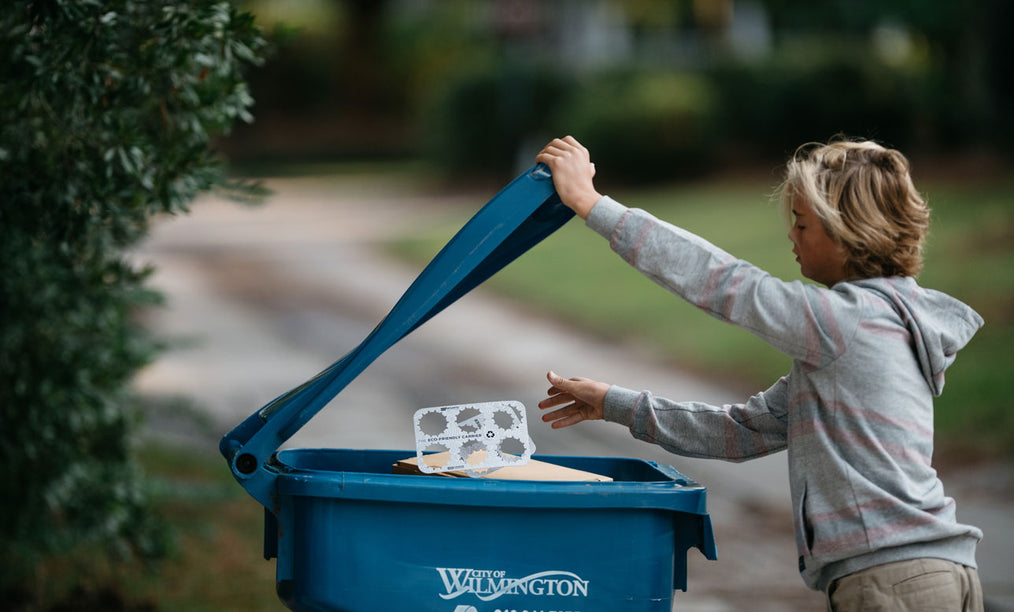Recycling has taken a beating in recent years, and for good reason.
While plastic production has gone parabolic in the U.S. over the last decade, our efforts to recycle it have failed miserably.
Our recycling rate of plastics peaked at around 9% during the middle of the last decade, when our municipalities were selling our blue-bin waste to China for a profit.
As contaminated waste streams hindered our efforts to recycle plastics at home, China offered their help. Given their access to cheap labor and low regulatory hurdles they figured they'd be able to find some profit margin in our mess.
So, being the wonderful global citizens we are, we let our massive waste streams flood into China's local environments, where much of it escaped, while we profited. All the while, we bragged about being green, and told the world they should follow our example.
Eventually, however, even the Chinese came to understand harsh market-driven realities. Reality lesson 1: plastic is super cheap and easy to produce.

Reality lesson 2: It's so cheap and easy, in fact, that there's no financial incentive to recycle it, even with their low wages and low environmental standards, because the recycling process (collecting, sorting, cleaning, drying, selling, reprocessing) still involves more time and energy (read: costs) than simply producing new goods from fresh virgin plastic.
And to their credit, the Chinese responded accordingly. In 2018, they finally told the rest of the world, "No more!" and stopped accepting the vast majority of waste.
Overnight, municipalities in the United States lost a valuable revenue stream, and found themselves as the new owners of a very broken system.
Four years later, that system still hasn't been fixed. Our dirty little waste secret has been exposed. Today, the overwhelming majority of the plastic waste we consumers are dutifully placing in blue bins is ending up in landfills. And with plastic production skyrocketing (a whole other topic), our landfills are filling up at a faster clip than ever.
Clearly, something has to give.
And finally, a fix is being forced.
In the past year two California bills aimed at tackling this crisis head on through government intervention have been passed. While intervention is rarely a popular or easy idea to gather support on, in the highly visible case of plastic pollution, and the woeful state of recycling, bipartisan support for Extended Producer Responsibility (EPR) bills is growing.

In a nutshell, EPR bills are meant to force producers to be more thoughtful and truthful about their packaging through new incentives that encourage them to use materials that are easier to recycle, and, more importantly, tax them for using materials that really aren't recyclable. Up until now, these kinds of incentives simply haven't existed.
The gist is this: producers are going to be much more financially responsible for the waste they create going forward.
For far too long, most of the cost and burden of recycling has been heaped on the consumer. But due to a labyrinth of confusing rules and logos and varying municiple systems consumers trying to do the right thing have had a tough time understanding what to do.
"It shouldn't require a Ph.D. in recycling to know how to recycle properly in our society," says California State Senator Ben Allen, a leading voice on these bills.
The first bill, known as the Truth in Labeling for Recyclable Materials, or SB 343, was passed in October of 2021. The gist of that bill is removing the deceptive "chasing arrows" recycling logo from any materials that aren't realistically recyclable, that's one huge help. That alone will play a huge role in keeping waste streams cleaner, and reducing the cost of sorting.
Then other bill, known as the Plastic Reduction and Producer Responsibility Act, or SB 54, passed in June of 2022. It's arguably the most sweeping EPR bill ever passed on the planet, and amounts to a wholesale packaging overhaul as it relates to products sold in California. And because the Golden State is now the 5th largest economy in the world, this overhaul could very well have a global impact.
Because the sweeping nature of these bills is massive, they are being phased in over the next several years. But the good news is the problem is being addressed ambitiously, and accountability is on the rise.








